Kenya's Property Sector Struggles as Construction Growth Slows
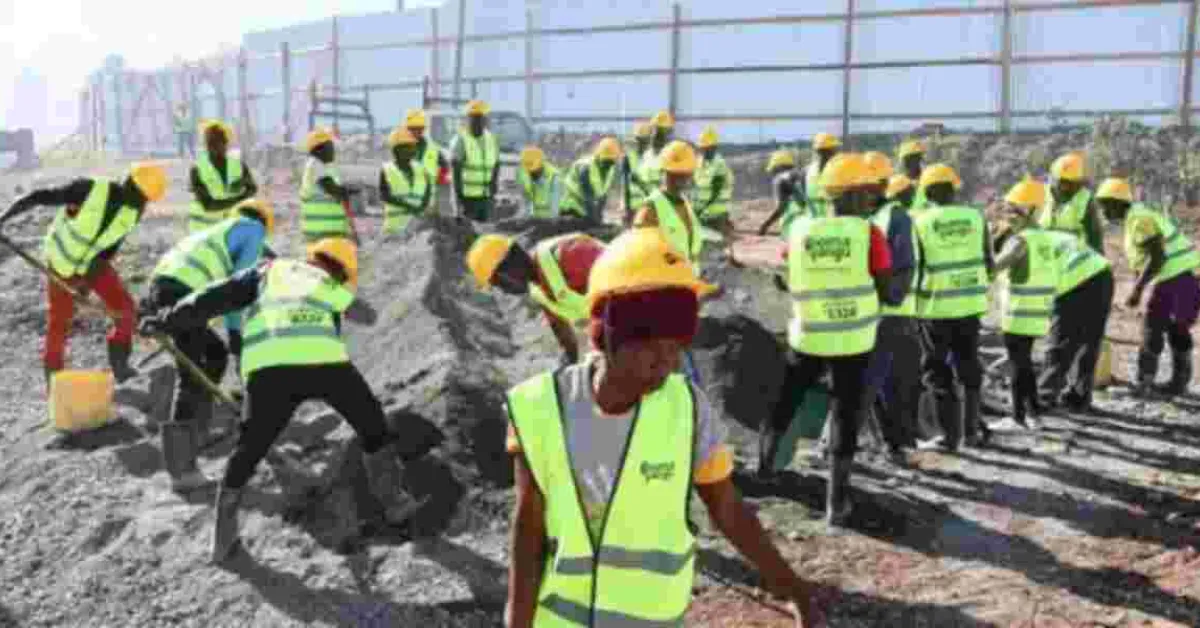
Kenya's real estate sector has encountered substantial headwinds during the recent two-year period, particularly evidenced by diminishing demand for detached and semi-detached properties.
According to the Kenya Financial Sector Stability Report 2023, published by the Central Bank of Kenya in September 2024, financial institutions have grown increasingly cautious about extending credit to this sector. The transformation in work and shopping patterns has significantly impacted both residential and commercial property demand. The sustained adoption of remote work policies, initially implemented during the COVID-19 pandemic, has led to a reduced necessity for office spaces. Concurrently, the proliferation of e-commerce has resulted in decreased mall traffic that has adversely affected the commercial real estate segment.
Despite economic pressures, a notable shift in housing preferences has emerged, with households increasingly favouring apartments over detached and semi-detached units, primarily due to cost considerations. Property owners have maintained stable rent levels, offering little reprieve to the sector's challenges. This trend has coincided with a broader slowdown in new property uptake across both rental and purchase markets. The construction sector, intrinsically linked to real estate, has experienced a parallel decline, with growth decelerating to 3.0% in 2023 from 4.1% in the previous year. Projections indicate further contraction in 2024, attributed to lingering pandemic effects and various domestic and international risk factors.
The situation has been exacerbated by rising interest rates, which have made mortgage financing less accessible and subsequently affected occupancy rates across residential, office, retail, and hospitality properties. The economic landscape has particularly influenced housing choices, as modest income growth has prompted more Kenyans to opt for apartment living. This shift has created challenges for developers attempting to sell larger units. Construction costs have also risen substantially, with the construction price index climbing from 4.16 points in December 2022 to 7.1 points in December 2023, driven by increases in fuel, construction materials, and cement prices.
The financial sector's response to these challenges has been marked by increased caution in construction project financing. As of April 2024, real estate lending comprised 9.6% of total private sector credit, with private households dominating at 26.7% of the lending portfolio. A stress test conducted in May 2024 assessed various risk factors, assuming 5% economic growth against a baseline forecast of 5.7%, along with potential monetary policy adjustments and changes in lending patterns.
The stress test projections indicate that under severe conditions, gross loans could reach Sh4.2 trillion, compared to a baseline projection of Sh4.4 trillion. Manufacturing, transport, communication, and trade sectors are expected to lead loan growth while building, construction, and real estate sectors may experience slower lending growth. Non-performing loans could potentially rise to Sh840.3 billion in a severe scenario, compared to a baseline projection of Sh718.4 billion by December 2024.

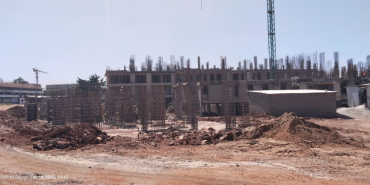

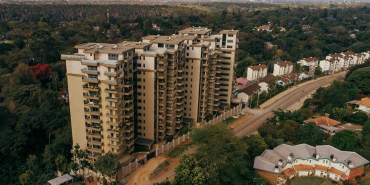


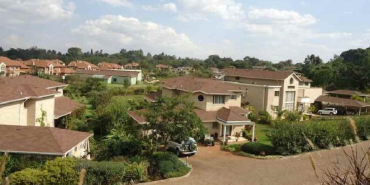


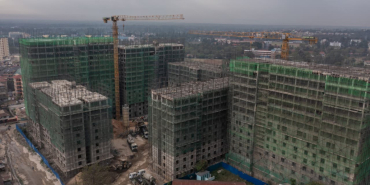




Add new comment